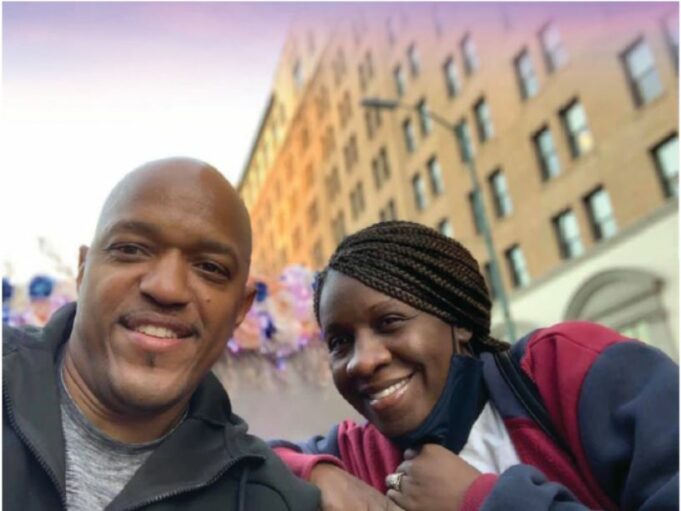Cheyenne Muhammad was told by doctors that she could not have children, but she had a dream when she was younger that she would have a little girl. When she married Ghazi Hamza Muhammad in June 2019, became pregnant within the first two months of marriage and found out she would be having a little girl, she was ecstatic.
“She just knew that it was a fulfillment of God’s promise to her, because she had seen this in her mind, in her dream, that she had a daughter. And so, she was excited. She’s out on social media.
She shared the news with her family and friends and things like that,” said her husband, Ghazi Muhammad. “But then at 24 weeks, the baby died. The baby was stillborn.”
Refusing to stay in a place of grief and mourning, the couple would eventually give birth to Kayeneh’s Sunset Ranch, named after their stillborn daughter.
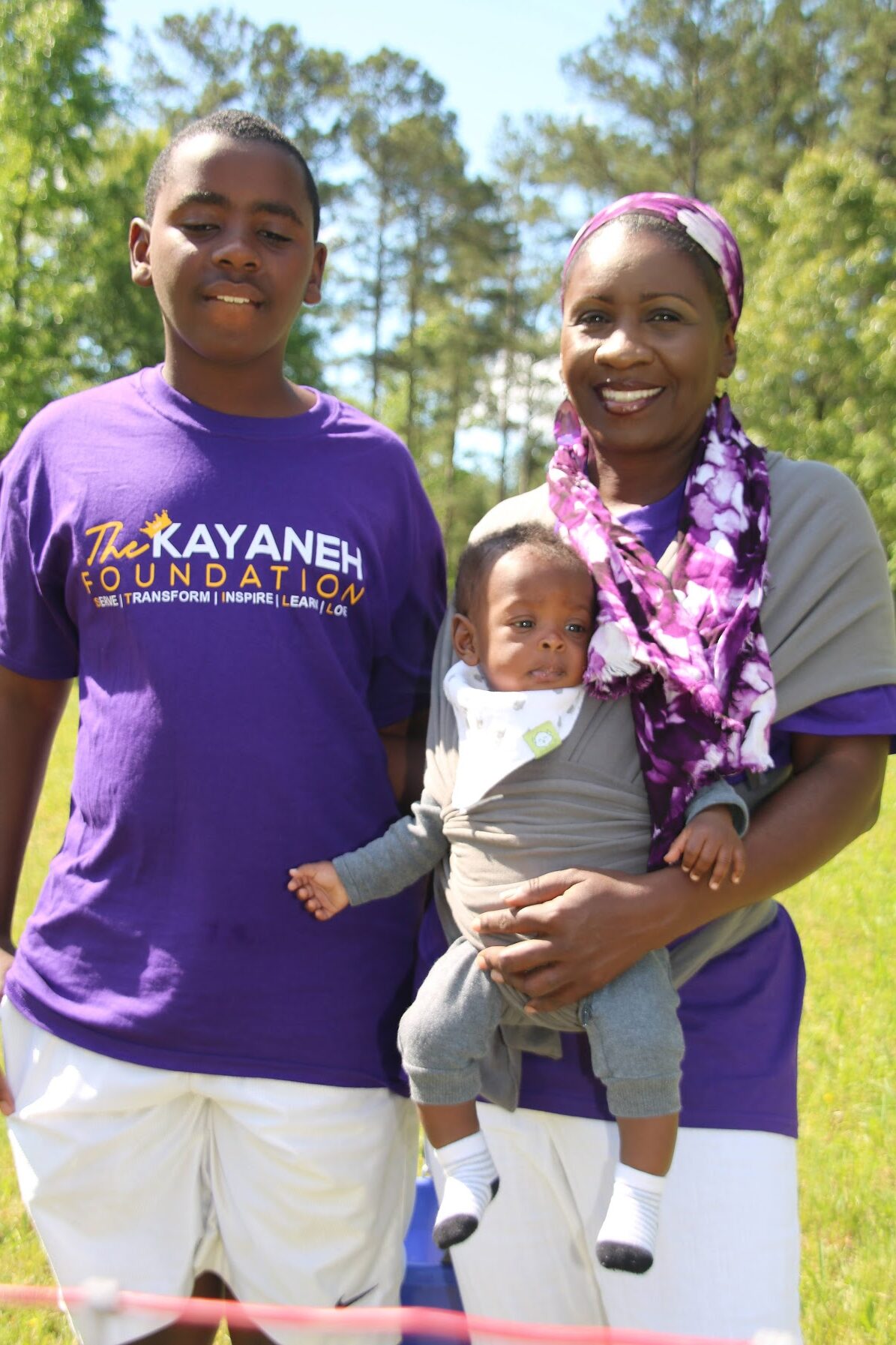
After their daughter died, the couple started a nonprofit foundation, Kayaneh’s Foundation, and they held a gala event to honor two dozen women who had lost their children through miscarriages or stillborn births. “We put a crown on their head, and we took all their children and put their names on plaques,” Ghazi Muhammad said.
Two weeks after the event, Cheyenne Muhammad was pregnant again, and she gave birth to Ghazi Muhammad, Jr. on Dec. 10, 2020.
“We named this whole thing after Kayaneh,” Ghazi Muhammad said, in reference to the ranch. “And the idea behind it is that Kayaneh died. She was still. It was a stillborn birth. But she died, but something else was still, born—a sense of purpose and a sense of mission, and all of this came up out of that.
It just kind of shifted our thinking. It just reminds me in the Qur’an, think not of those who are killed or slain in the way of God as dead. They are not dead, though we know not,” he said referring to a portion of the Muslim book of scripture.
“So she’s (Kayaneh) constantly inspiring us, even though she’s dead. She died in the womb. It was because of that tragedy that kind of shifted our thinking, and now we named all this after her, in honor of her.”
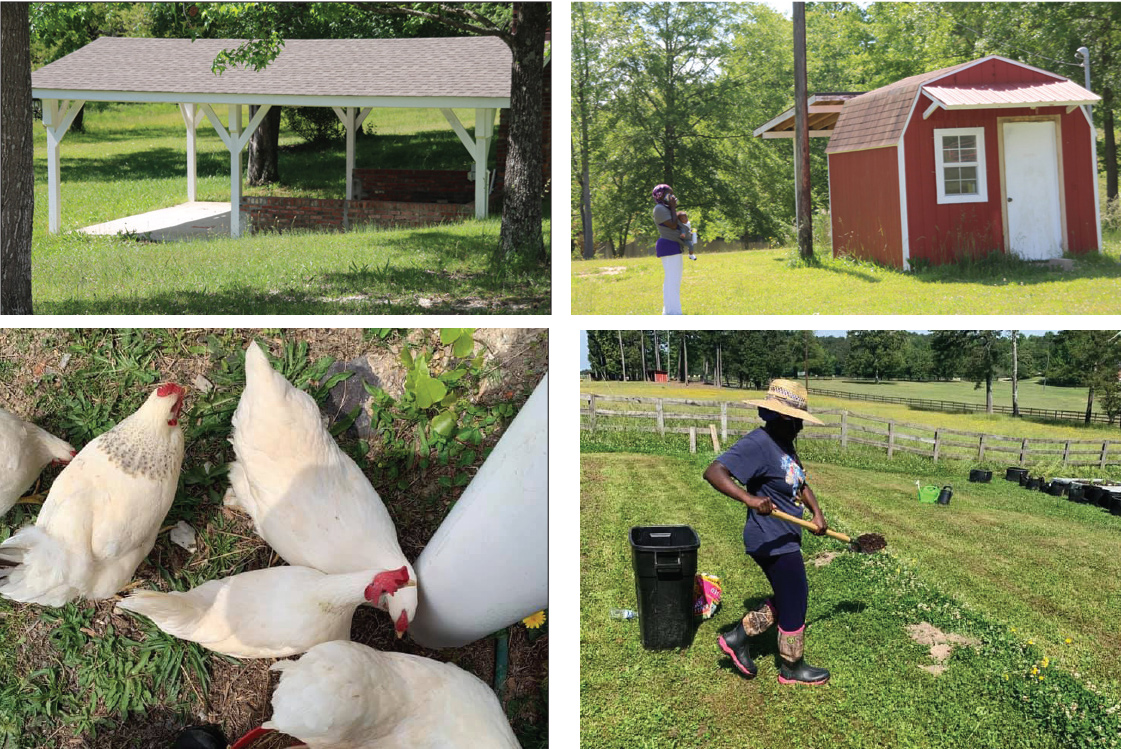
Ghazi and Cheyenne Muhammad’s ranch journey started when they planned to buy an RV to travel the country for the year, but they decided they needed to buy land, instead.
The decision came after Mr. Muhammad listened to a lecture by the Honorable Minister Louis Farrakhan of the Nation of Islam talking about land. Now, the married duo owns 25 acres of land in Villa Rica, Ga.
The land already had structures on it when they bought it two months ago: an event center that can hold up to 150 people, 14 horse stables, a small guesthouse, a two-acre pond stocked with fish and a small house that they live in.
Their land, which they turned into Kayeneh’s Sunset Ranch, is home to two horses, two donkeys, about 25 chickens, 10 ducks and two sheep.
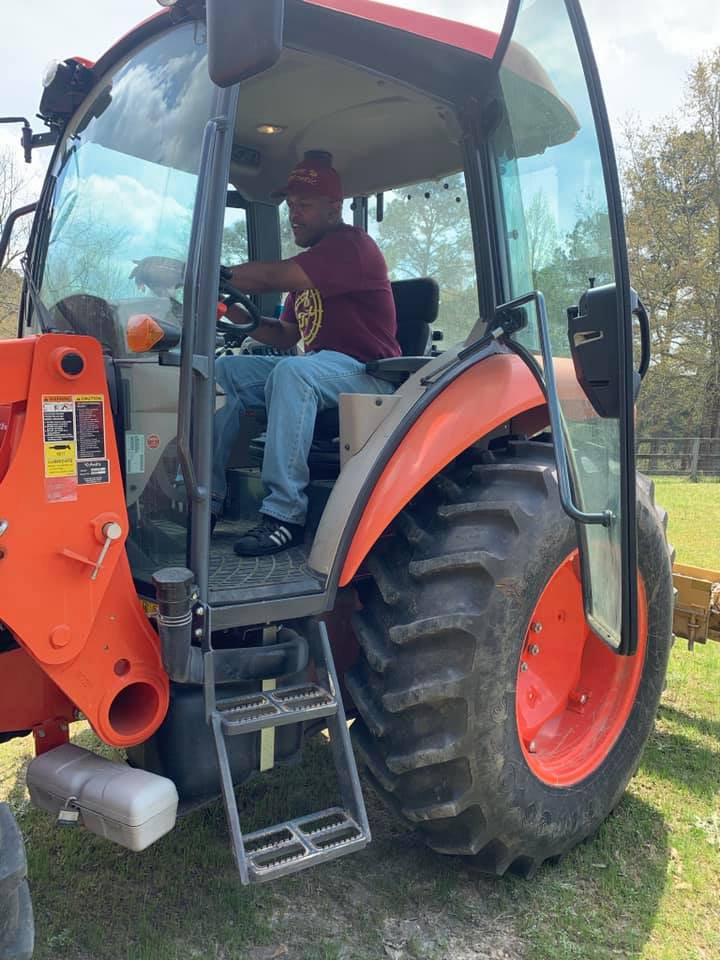
They have well water, well pumps and electricity throughout the entire property. They dealt with the Georgia Bureau of Agriculture in order to get a license for horse boarding.
The couple had to start a process called “regenerative agriculture,” growing compost and getting worms to regenerate soil life, because the land’s previous owners used herbicides and pesticides.
Ghazi Muhammad and his wife are passionate about working with youth, and they plan on bringing young people to the ranch to learn how to grow food, how to take care of the various animals, how to fish and how to ride a horse.
The couple has had a few challenges so far: foxes that have killed a few chickens, snapping turtles that have eaten a few ducks. For the foxes, they bought donkeys, and for the turtles, they bought traps to catch them. But Ghazi Muhammad said the most important and challenging part of their journey so far has been fencing.
“That has to be probably one of the most important aspects, not only for your own security, but for your animals, because they will get out. People will hit them. They can hurt somebody and things like that,” he said.
One particular day, he and his family found themselves chasing a cow. “I mean, my wife on one side of the street, and this time my nephew was here. This cow running down the street, it was hectic. That probably was the most challenging, to make sure that the fencing is really, really strong and sturdy,” he said.
“Cows are big creatures, and all animals are designed, when you put them in the pasture, they go around the fence looking for weak spots to see where they can get out at.
I don’t know what it is about them, but it’s like they instinctively do that. They come into a new area and they start looking for the weak spots, where they can get out. If they don’t find it, they just start eating the grass.”
Another thing they had to learn was the types of plants and trees they had on the land. Initially, Ghazi Muhammad was planning to bulldoze everything, but the farmers in the neighborhood had to tell him no, don’t do anything.
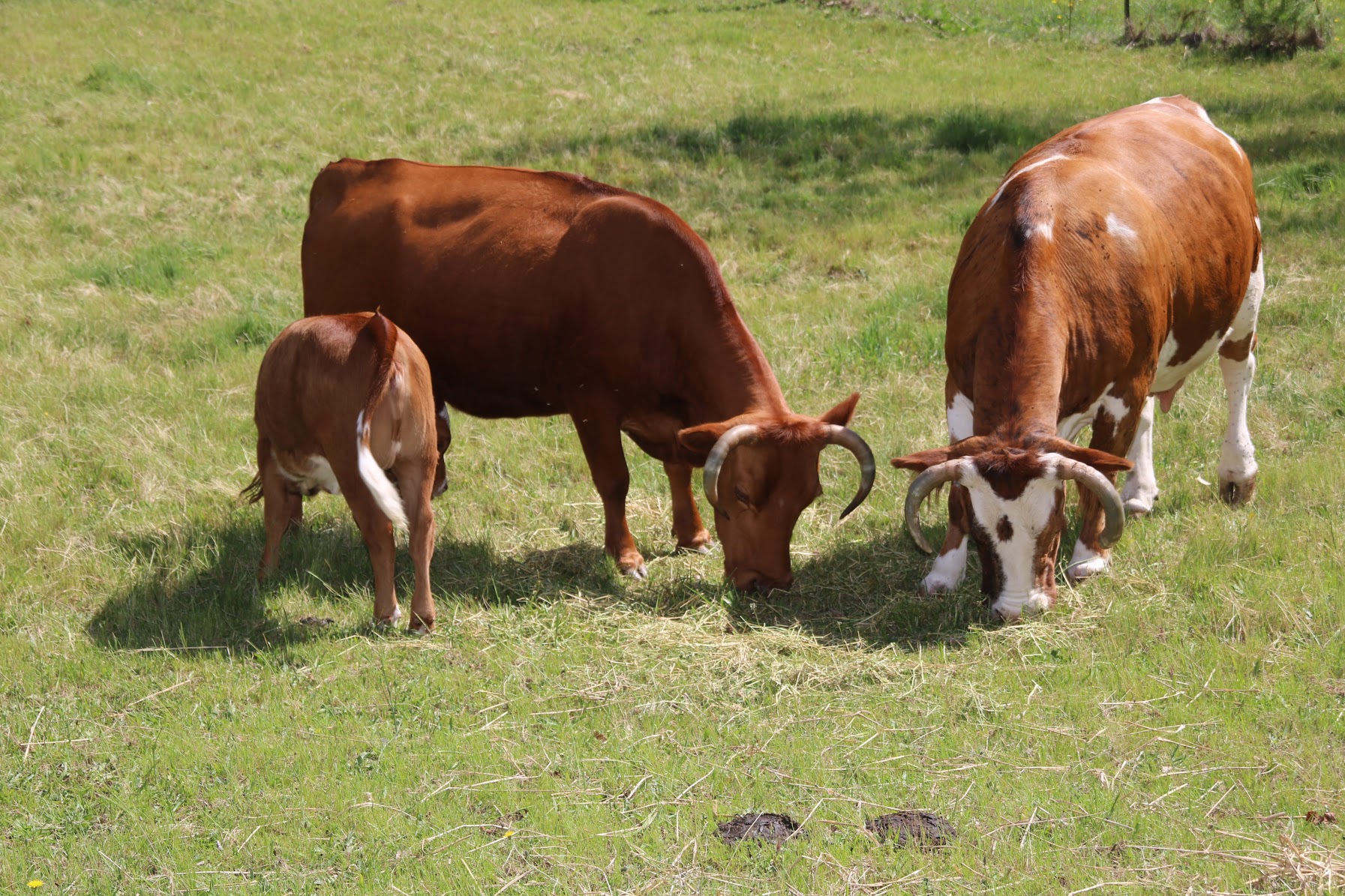
“We found out that we have a lot of herbs, so a lot of trees and things that are ugly to me, because I’m not a nature-type person, we were about to tear down. We found out that these were elderberry trees, raspberry trees, blackberry trees, the pear tree,” he said. “And I’m finna tear this down. I’m finna bulldoze, ramsack this neighborhood. And they’re like, ‘oh no!’ So some of the farmers, they tell me like, man don’t you do nothing without consulting with us, first.”
He now uses an app that allows him to take a picture of any leaf or vegetable and immediately learn what it is. “Now, our next step from a business perspective is to get a distillation machine, and maybe start creating our own essential oils right from the land, because a lot of stuff is growing wild. But it’s healthy for you,” he said.
The couple plans on releasing a course based off of their journey, and they’ve started sharing different aspects and giving consultations.
“We didn’t know it was going to be like this, but then people around the country reached out to us, a lot of Black farmers that we’ve met and things like that, and it’s just been a blessing,”
Mr. Muhammad said. “When the Minister said get the land and everything else just falls in place, we just bear witness. We thank the Honorable Minister Louis Farrakhan for teaching us too. He has been putting it in our brain cells to get land, because we would have never done this had we not heard it from the Minister.”
(This is a continuation of an occasional series of articles spotlighting efforts of Blacks to do for self, to own and build their own reality and make their communities a safe and decent place to live. For more information visit http://www.sunsetranch.farm)












